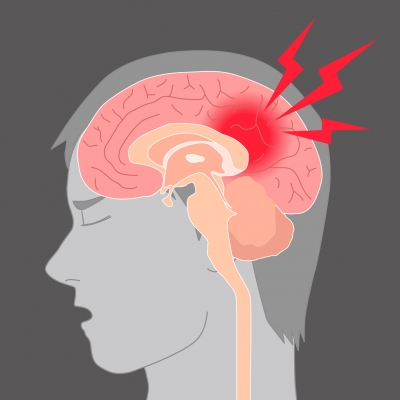Podcast: Play in new window | Download
Good morning and welcome to Episode 67 of the Train Your Brain Podcast with Dr. Michael Trayford. Every Monday we produce a 30-minute episode. Tuesday through Sunday we produce episodes with five-minute tips. Every episode of the Train Your Brain Podcast features a tip, so you can receive pointers 365 days a year that will help enhance the performance of your brain!
Today Dr. Trayford shares brain training tip number 67. This tip will help stimulate your brain to be more analytical, imaginative and relaxed. You’ll exercise your brain’s ability to comprehend and predict, and you can do it all in the comfort of your favorite chair. The tip is to read! Reading is crucial for language development and maintenance. It will make you a better speaker and a better writer, but most importantly, it will keep your brain sharp!
Do you read a lot Jason?
Jason: I can read. I do read. I know how to read. But my wife is the more of the reader in our family.
I know you love the films, but do you read the books for the movie.
Jason: all of the books I read are related to film.
I recommend to anybody and everybody that they read. This is kind of like drinking water. There are some people who say I don’t like drinking water. Which is something I’ve never understood. There are some people that say I don’t like reading. There might be some long-standing reasons, like developmental issues or dyslexia that might be related to it.
In general most people have an innate desire to learn and language is the primary tool for learning. It’s such an important part of the makeup of our brain and our society as the primary way to transmit information from one person, place, and community. Reading is the primary means of communicating all of these various forms of information.
We need to understand for our own personal, cultural development that reading is critical to so many factors in our lives. It’s integral to a certain degree.
There are so many brain benefits to reading: mental stimulation and getting the brain working and the synapses firing and hormones circulating. You might read an article that evokes and emotion and it stimulated the brain and hormone production.
This extends to improving memory as well. When you read a book you have to remember different things that are happening in the plot. This is particularly true with fiction. When you have to remember characters, plot and the sequence of events, your memory is lifting a lot of weights. That’s why some people are good at following things through. Whether it be a book or a movie and other’s not so much.
Analytical skills. Remembering characters, the ones you like and don’t like. Looking back on it and reflecting with my kids, they have to read their books and explain the central theme and character development.
Improved focus and concentration is an obvious benefit, as you need to follow the action through the course of the story.
Improved writing ability. People write better when they read more. I know this for a fact. I do quite a bit of writing and I see my writing abilities improve when I’m reading morning.
Stress management, reading is escapism, as are movies and exercise. A good book can provide an outlet that exercise would have in other cases.
Entertainment. The good thing about reading is that it’s inexpensive.
Generally speaking if you’re learning something from what you’re reading, it’s better for you than a book that offers you a little escapism. Still even a book that only provides entertainment is still offering you mental stimulation.
If you have any concerns regarding the information and applications discussed in this podcast, please consult your physician and a doctor who is experienced in functional neurology. Michael Trayford DC, DACNB is available for consultation by calling (828) 708-5274. Thanks for listening. Continue reading



